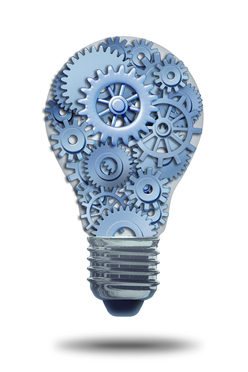If you’re claiming a patent for a process that someone can perform in his/her head – you may want to have a rethink. In post on Foley’s Personalized Medicine Bulletin, Antoinette Konski explains the Federal Circuit ruled that a computer used to implement a routine medical comparison couldn’t be patented because “the claims are directed to an abstract idea” and the “patent claims no more than the conscious process that doctors can and do perform in their heads.”
In the decision, SmartGene, Inc. v. Advanced Biological Labs, S.A., Konski explains the court emphasized prior decisions, which held that mental processes are not patent-eligible subject matter. The same goes for processes that use a computer to mimic the mental processes without a new component or “specifying processes defined other than by the mentally performable steps.”
This content has been archived. It is available through our partners, LexisNexis® and Bloomberg Law.
To view this content, please continue to their sites.
Not a Lexis Subscriber?
Subscribe Now
Not a Bloomberg Law Subscriber?
Subscribe Now
LexisNexis® and Bloomberg Law are third party online distributors of the broad collection of current and archived versions of ALM's legal news publications. LexisNexis® and Bloomberg Law customers are able to access and use ALM's content, including content from the National Law Journal, The American Lawyer, Legaltech News, The New York Law Journal, and Corporate Counsel, as well as other sources of legal information.
For questions call 1-877-256-2472 or contact us at [email protected]



